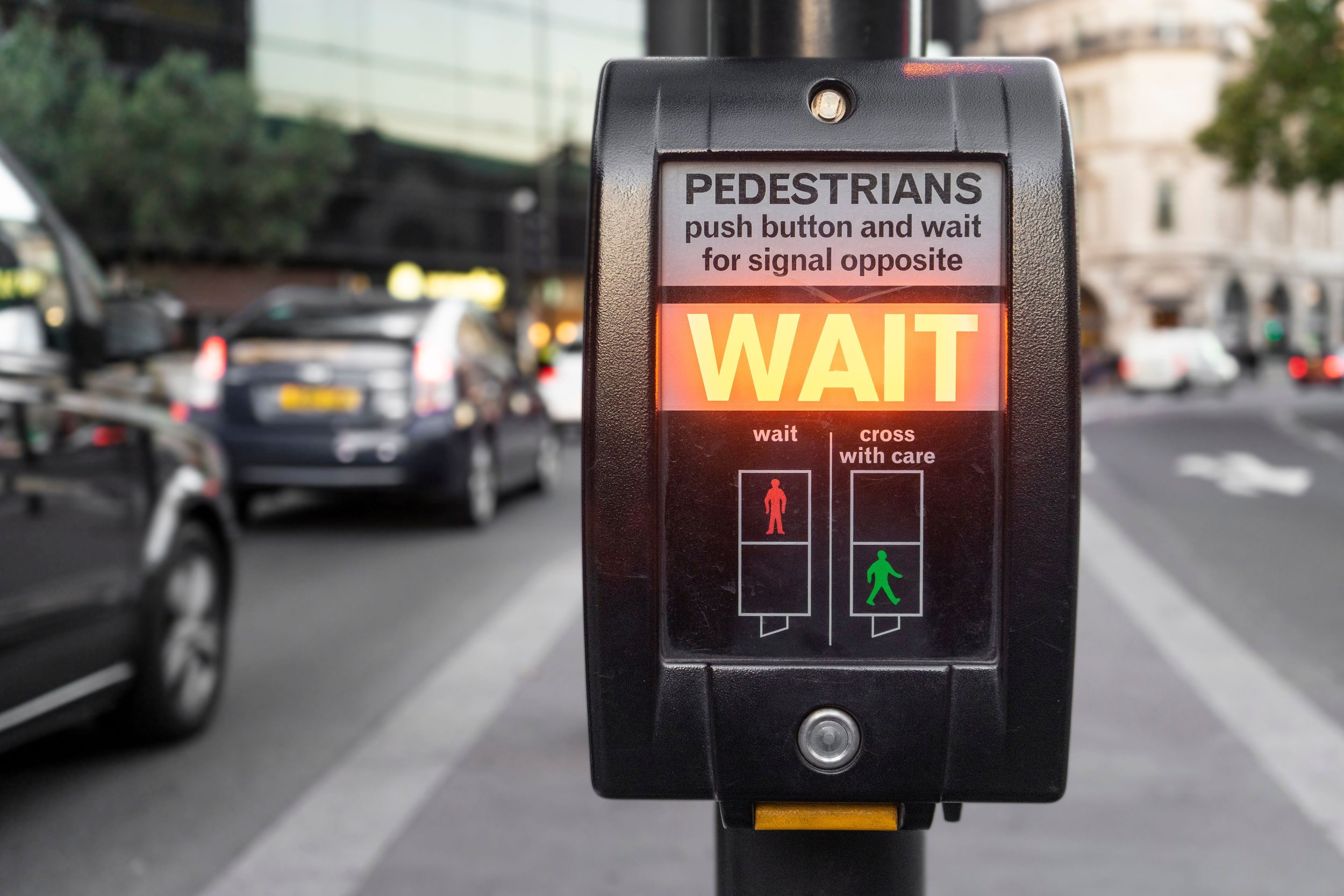Making Friends as a Commuter Student
Introduction
For many students, commuting is an essential part of their university experience. Balancing the demands of university life with the challenges of commuting can be tough, especially when it seems like others are having a more enjoyable and fulfilling time. However, you are NOT alone. This page was created specifically for commuter students by a dedicated team of students, researchers, and professionals. Our goal is to provide valuable insights, strategies, and support to help you confidently navigate your university journey and thrive.
Understanding the Commuter Student Experience
According to the Sutton Trust, over a quarter of students in the UK commute to university from home, and this figure is estimated to be even higher in major cities [1]. The decision to commute is guided by many reasons, such as the want or need to save money, seek family support, avoid housemate problems, and have minimal distractions to study and learn better [2].
Commuting certainly offers flexibility in how you can approach the university experience. However, it can lead to a series of unique challenges, such as a lowered sense of belonging [3], limited social interactions [4], loneliness, and feeling disconnected from the university experience and environment [5; 6].
While every commuting student will have a different experience, research and lived experience perspectives in this area have indicated that there are some key aspects of the university experience of commuting students:
1) Lack of “place” on campus:
Many commuter students struggle with the absence of designated “hang-out” spaces or common rooms specifically for them. These spaces are essential for waiting between classes, socialising with fellow commuters, or simply relaxing. Without such areas, you may feel like you have nowhere to go on campus other than from class to class, leading to a sense of disconnection and isolation.
2) Lack of acknowledgement and recognition:
Timetabling of classes and official events often does not consider the challenges commuter students face, such as reliance on public transport and road traffic to reach campus on time [5; 6]. Delays beyond your control can make it challenging to arrive punctually, especially for early morning commitments. As a result, 9 AM classes can be particularly difficult to attend consistently.
3) Limited social interaction and friendships:
Compared to students living in university accommodation, commuter students are more likely to face issues in socialising with other students both on and off campus [6; 7]. This may be due to long commutes, which make it difficult to stay after class for social activities, or because many events designed to help students meet others are scheduled late in the evening. This limited interaction can lead to fewer friendships and diminish your sense of belonging.
4) Increasing distance from university:
Contrary to popular belief, the sense of increasing distance and alienation that commuter students experience is not solely due to the physical distance from campus. It often stems from an emotional and sociocultural gap, where participation in campus activities feels out of reach [7]. As a result, you may start to feel increasingly disconnected, which perpetuates a cycle of isolation and loneliness.
5) Limited new experiences:
Due to their living arrangements and associated challenges, commuter students are more likely to maintain connections with old school friends rather than forming new ones [8]. This reliance on familiar relationships can limit opportunities to meet new people, explore different places, and engage in the transformative experiences typically associated with university life.
Building a Plan of Action
Here are some ideas for actions that might help. Each step can overlap and build on others, but some parts may be more relevant to your situation. While you may have heard some of this advice before—and we understand that it can be frustrating to listen to the same things repeatedly—we suggest it because it has proven effective for many people in the past. Feel free to try something out and revisit or adjust as needed.
-
Universities offer a wide range of societies and clubs based on various interests. These groups are often student-led, making them more flexible with timings. If you can’t attend events due to scheduling conflicts, reach out to the society’s president or other officers to discuss your situation. You can also connect with other active members online through WhatsApp, Facebook, and Instagram groups, or attend virtual events. Engaging with others over shared interests can help you feel more connected and view university life as more than just academics [9].
-
Try to arrive at your classes 15 minutes early. This gives you a chance to chat with your coursemates and exchange contact information. After class, consider staying on campus a bit longer instead of heading home immediately. Ask one of your coursemates if they’d like to grab a coffee or hang out. It might be challenging at first, especially if you feel lonely, but spending more time on campus increases your chances of connecting with new people.
-
Studying with friends can be a great way to spend time together when everyone is busy. Book a library room or reserve a collaborative space and study with coursemates you know or want to get to know better. This not only helps with your coursework but also strengthens friendships. If meeting in person isn’t convenient, you could suggest a study group over a video call.
-
Shared experiences can create strong bonds. Whether through your course group chat, a Facebook group, or simply approaching another student at the station, try to connect with fellow commuters. Finding even one person to commute with can make the journey more enjoyable and help you make friends outside your course [10].
-
Make an effort to say “yes” when you’re invited for a drink or a brunch, even if you can only stay for a short time. You can also suggest meeting at a location closer to you. Any time spent with peers is valuable and helps build connections, but remember it’s okay to set boundaries on how long you stay.
-
Don’t wait for others to organise social events. Take the initiative to invite friends for a day out in your area. Show them around your town and share your favourite spots. Your local knowledge can make for a fun and unique experience.
-
Take advantage of the support services available at your university, such as student services, department-specific support, personal tutors, or the student union. There may be special provisions for commuting students that you’re not aware of. It’s always better to ask and find out what’s available to you.
-
Don’t feel pressured to try out all these suggestions at once. Start with one and see what works for you. Remember, your university experience is unique, and it’s okay to take your time finding what best suits your needs.
Ask a Friend
Nicola weighs the pros and cons of living on campus versus commuting when starting university. Her blog post poses key considerations that might help you decide which option suits you best. (Read Time: 5 minutes)
Should I Stay Or Should I Go? | Student Minds Blog
Elouiza discusses the advantages and disadvantages of commuting to university, drawing from her own experiences. (Watch Time: 14 minutes)
Being a Commuter at University | Benefits Vs Disadvantages (youtube.com)
Anees, a Politics and History undergraduate student at LSE, shares insights from their experience of making friends as a commuter. (Read Time: 10 minutes)
Making Friends as a Commuter | Students@LSE
Sheneika reflects on navigating university life while commuting from home, particularly focusing on friendships and dealing with loneliness. (Read Time: 5 minutes)
Sheneika’s Story: My Experience as a Commuting University Student | Mental Health Foundation
Courtney shares her daily routine as a commuter student at the University of Birmingham. Her video provides practical tips for making the most of your day. (Watch Time: 4 minutes)
Life as a Commuter Student (youtube.com)
Share Your Story: Help fellow students learn from your experiences and feel less alone. Contribute to Student Minds, the UK’s leading student mental health charity, and ensure your voice reaches those who need it most.
What Other Support Is Available?
-
This guide from the University of Reading offers practical advice for commuter students. It focuses on making effective use of travel time for studying. Tips include listening to educational podcasts, reviewing lectures, and using apps for note-taking.
-
Student Minds was founded by our principal investigator, Dr Nicola Byrom, and is the UK's largest student mental health charity. It has regular blogs, resources, and advice posted by university students for university students.
Explore related topics:
Help us improve:
Check out our webinars:
Check Out Our Sources:
Maguire, D. and Morris, D. (2018) Homeward Bound: Defining, understanding and aiding ‘commuter students’. rep. Higher Education Policy Institute. Available at: https://www.hepi.ac.uk/wp-content/uploads/2018/12/HEPI-Homeward-Bound-Defining-understanding-and-aiding-%E2%80%98commuter-students%E2%80%99-Report-11429_11_18Web.pdf (Accessed: 30 August 2024).
Eveson, L. (2022) Advantages and disadvantages of being a commuter student. rep. Teesside University. Available at: https://libguides.tees.ac.uk/c.php?g=676965&p=4826419 (Accessed: 30 August 2024).
Mærsk, E., Sørensen, J., Thuesen, A., & Haartsen, T. (2021). Staying for the benefits: Location‐specific insider advantages for geographically immobile students in higher education. Population, Space and Place, 27, e2442. https://doi.org/10.1002/psp.2442
Stalmirska, A., & Mellon, V. (2022). “It feels like a job …” Understanding commuter students: Motivations, engagement, and learning experiences. Journal of Hospitality, Leisure, Sport & Tourism Education, 30, e100368. https://doi.org/10.1016/j.jhlste.2021.100368
Jacoby, B., & Garland, J. (2004). Strategies for Enhancing Commuter Student Success. Journal of College Student Retention: Research, Theory & Practice, 6(1), 61–79. https://doi.org/10.2190/567c-5tme-q8f4-8frg
Thomas, L. and Jones, R. (2018) Student engagement in the context of commuter students. rep. The Student Engagement Partnership. Available at: https://www.lizthomasassociates.co.uk/projects/2018/Commuter%20student%20engagement.pdf (Accessed 30 August 2024)
Pokorny, H., Holley, D., & Kane, S. (2016). Commuting, transitions and belonging: the experiences of students living at home in their first year at university. Higher Education, 74(3), 543–558. https://doi.org/10.1007/s10734-016-0063-3
Buote, V., Pancer, S., Pratt, M., Adams, G., Birnie-Lefcovitch, S., Polivy, J., & Wintre, M. (2007). The Importance of Friends: Friendship and adjustment among 1st-year university students. Journal of Adolescent Research, 22(6), 665–689. https://doi.org/10.1177/0743558407306344
Wax, A., Hopmeyer, A., Dulay, P., & Medovoy, T. (2019). Commuter college student adjustment: Peer crowd affiliation as a driver of loneliness, belongingness, and risk behaviours. Emerging Adulthood, 7(5), 363-369. https://doi.org/10.1177/2167696818781128
Finn, K. (2019). Sharing the load: commuting and belonging for staff and students in UK universities. Families, Relationships and Societies, 8(1), 161–166. https://doi.org/10.1332/204674319x15492791284255
















